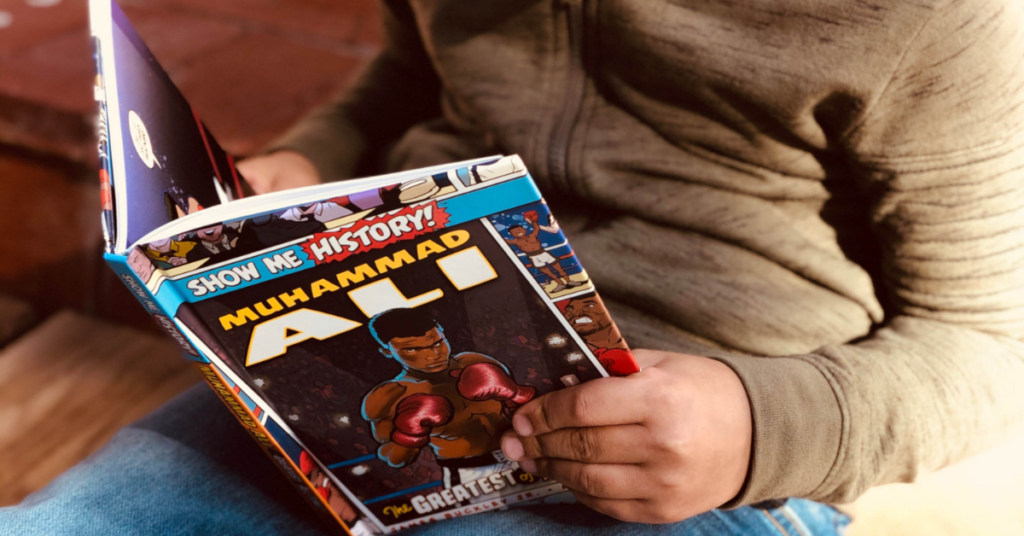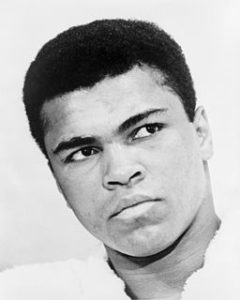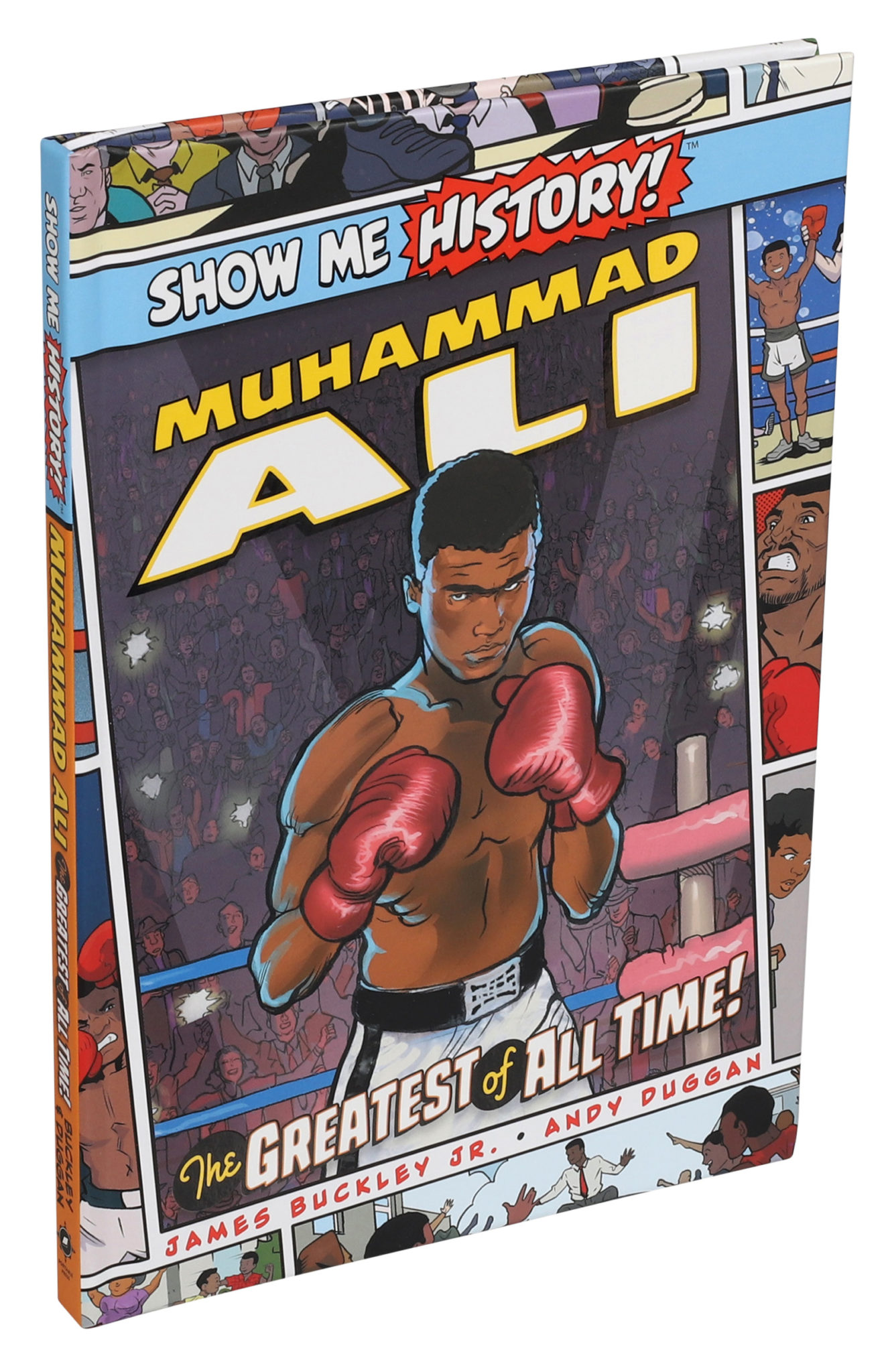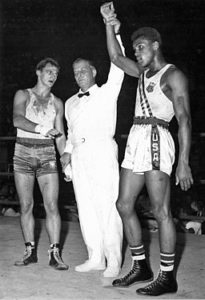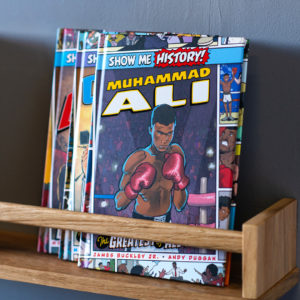You know him for his boxing prowess and remarkable way with words, but how much do you really know about Muhammad Ali? Read on to find out more about "The Greatest."
By age 18, Clay had won two Amateur Athletic Union national titles, two Golden Gloves national titles, and had amassed a record of 100 wins and eight losses. In 1960, he graduated high school and a few weeks later, he won a gold medal in the light heavyweight division in the 1960 Summer Olympics. When he returned, he turned pro and became the hottest new star in boxing.
In 1964, Clay, raised in a Baptist household, converted to Muslim. After becoming close with the Nation of Islam’s spiritual leader Elijah Muhammad, he adopted a new name: Muhammad Ali (after briefly going by Muhammad X, inspired by slain civil rights leader Malcolm X).
Upon getting drafted by the U.S. Armed Forces in 1967, he refused to serve in the Vietnam War, stating that his strong religious beliefs made him object to the idea. He was arrested and convicted of draft evasion, and stenciled to five years in prison.
Muhammad Ali NYWTS
Viewed as a draft dodger by large segments of the public, his popularity dropped off considerably, but it’s not like he was able to box because the New York State Athletic Commission suspended his boxing license and rescinded his heavyweight title. In 1970, his conviction was overturned and his right to box reinstated.
Muhammad Ali: The Greatest of All Time!, the life story of Muhammad Ali—boxing champion, humanitarian, civil rights activist, and philanthropist—in graphic novel format.
It’s hard to overstate just how dominant and popular of an athlete Muhammad Ali was at his peak in the 1960s and 1970s. He’s set a record that held for decades when he beat 21 other boxers to become the heavyweight champion of the world, and won the heavy lineal championship — meaning he defeated the previous champ — three times, still a record. Boxing magazine The Ring named him its fighter of the year a record six times, and Sports Illustrated (whose cover he graced 38 times) called him the greatest athlete of the 20th century. His iconic 1974 fight with George Foreman in Zaire, “The Rumble in the Jungle,” was watched by a billion people around the world, making it the most watched live broadcast ever.
Zbigniew Pietrzykowski and Muhammad Ali 1960
In 1978, Warren Beatty directed and co-wrote Heaven Can Wait. His original plans were for main character Joe Pendleton to be a boxer, and offered the part to Ali. When the real-life boxer refused, Beatty changed the character to a quarterback (and took the role himself). Another big movie could’ve starred Ali, too — his agent tried to get Superman’s producers to cast his client in the title role, but they didn’t want to cast a non-white actor.
The role Muhammad Ali seemed most interested in playing was…Muhammad Ali. In 1977, he starred in the film The Greatest, a biopic about himself, and later that year voiced an animated version of himself on I Am the Greatest: The Adventures of Muhammad Ali, a Saturday morning cartoon about the boxer having adventures with his niece and nephew.
In the last decades of his life, Ali fought a battle against Parkinson’s disease, and he died in 2016. One of Ali’s final major public appearances occurred in 1996, and it bookended his career nicely with his auspicious debut on the world stage 36 years earlier. That year, during the opening ceremonies of the Summer Olympics in Atlanta, Ali lit the Olympic flame. (And to think that Olympics organizers originally wanted boxer Evander Holyfield to do it.)
For more on the unforgettable athlete (and so much more), check out the latest in our fully illustrated Show Me History line: Muhammad Ali: The Greatest of All Time! It’s available now.








